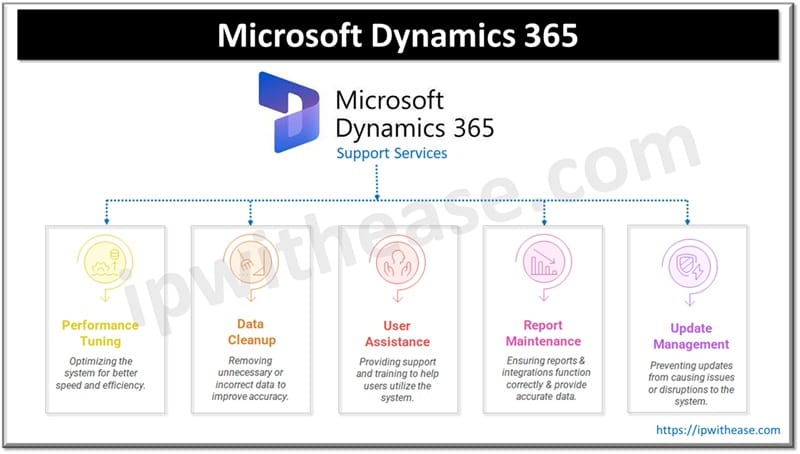Table of Contents
In the rapidly evolving landscape of current commerce, software program application engineering emerges as a linchpin riding profound modifications. This field, which harnesses engineering concepts to design, increase, preserve, check, and evaluate computer software, stands at the leading edge of technological innovation, propelling businesses into new frontiers of performance, scalability, and client engagement. This article delves into the pivotal role of software application engineering in modern-day business, highlighting improvements, impacts, demanding conditions, and the promising future it heralds.
Overview of Software Engineering
Software engineering is more than mere programming; it’s a systematic approach that applies engineering principles to software creation. It covers various activities from initial conception and system design to maintenance and upgrades, ensuring software is reliable and efficient and meets user and business requirements.
Importance of Software Engineering in Business
Businesses’ reliance on software engineering is not just significant; it’s imperative. In a digital-first world, software engineering solutions facilitate operations across all sectors, enabling companies to innovate, scale, and compete effectively. Software engineering is the backbone of modern business operations, from automating mundane tasks to providing insightful data analytics.
Advancements in Software Engineering
- Artificial Intelligence and Machine Learning. AI and machine learning represent groundbreaking advancements in software program engineering. By simulating human intelligence processes with machines, those technologies offer predictive analytics, natural language processing, and intelligent automation, enabling corporations to make data-driven decisions and enhance operational efficiency.
- Cloud Computing. Cloud computing has been a game-changer, offering scalable sources, progressed collaboration, and cost efficiency. It allows companies to deploy and manipulate applications worldwide without investing heavily in physical infrastructure, fostering innovation and agility.
- Blockchain Technology. Blockchain’s appeal lies in its capability to provide secure, transparent, decentralized solutions. In the finance, healthcare, and supply chain sectors, blockchain technology offers unmatched data integrity, integrity, traceability, and security advantages.
- Internet of Things (IoT). The IoT interconnects physical gadgets to collect and exchange data, providing businesses unparalleled insights into their operations and customer behaviors. This connectivity paves the way for more innovative business models, from predictive maintenance to enhanced customer experiences.

Impact of Software Engineering on Business
- Improved Efficiency and Productivity. Software engineering automates and streamlines commercial enterprise tactics, reducing manual exertions, minimizing errors, and growing productiveness.
- Enhanced Customer Experience. Customized software solutions permit businesses to provide customized studies, enhancing customer delight and loyalty. Technologies like chatbots and AI-driven pointers add a new dimension to patron engagement.
- Cost Savings. Although the initial investment in software engineering solutions may be significant, the long-term savings in operational costs are substantial. Automation and efficiency lead to reduced workforce expenses and lower error rates.
- Increased Competition. Software engineering levels the playing field, allowing small and medium-sized enterprises to compete with more giant corporations. Innovative solutions can disrupt traditional markets, giving rise to new leaders.
Challenges and Risks
Cybersecurity Threats
As businesses increasingly rely on software, the risk of cyberattacks grows. Protecting sensitive data and ensuring system integrity are paramount, necessitating sophisticated cybersecurity measures.
Lack of Skilled Workforce
The rapid pace of technological advancements in software engineering creates a demand for skilled professionals. However, the current gap in the workforce poses a challenge to deploying and maintaining these solutions.
Integration Challenges
Integrating new software solutions with existing systems can be complex and resource-intensive. Careful planning and execution are required to ensure compatibility and minimize disruptions.
Future of Software Engineering in Business
The future of software engineering is marked by continuous innovation. Emerging trends include:
- Further advancements in AI and machine learning.
- Increasing reliance on cloud-native technologies.
- The growing significance of DevOps practices for faster and more reliable software delivery.
Software engineering is expected to unlock new applications and business models. The possibilities are vast and varied, from augmented reality in retail to autonomous vehicles in transportation.
Conclusion
Software engineering is not merely a support function but a strategic driver of business success in the 21st century. It is fundamental to businesses’ competitive advantage in a digital landscape through its capacity to optimize operations, enhance purchaser engagement, and foster innovation.
To thrive in this era of speedy technological evolution, agencies must embrace the opportunities software program engineering offers. Crucial steps encompass investing in cutting-edge software solutions, prioritizing cybersecurity, and nurturing skilled expertise. By harnessing the power of software program engineering, organizations can not only navigate the complexities of the digital age but also form the future of their industries.
Ultimately, the revolution sparked by software program engineering within international business is plain. Its impact permeates every area, powering innovation and setting the stage for a future in which adaptability, efficiency, and safety define fulfillment. As we sit up for what the next wave of technological improvements will convey, one thing is apparent: software program engineering will continue to be at the coronary heart of commercial enterprise transformation, driving growth and excellence in an ever-converting landscape.
ABOUT THE AUTHOR
IPwithease is aimed at sharing knowledge across varied domains like Network, Security, Virtualization, Software, Wireless, etc.



